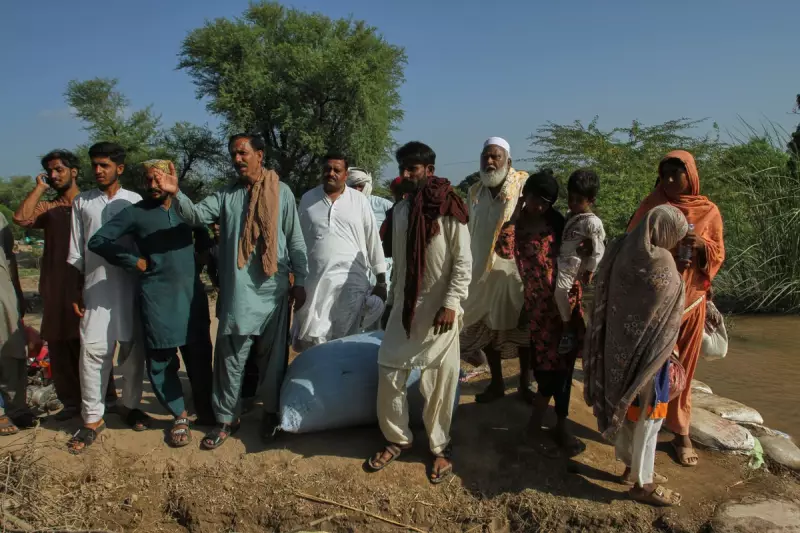
A remarkable religious and environmental dispute has emerged in Pakistan's Punjab province, where an unconventional statue has become the centre of international attention and local controversy.
Local farmers in the Tehsil Karor Lal Esan area installed a unique statue depicting a human-like figure they believe possesses divine control over water. This 'water god' effigy, standing approximately three feet tall, was created as an object of worship by agricultural communities desperate for relief from devastating water shortages.
Religious Opposition and Official Response
The statue quickly drew fierce opposition from conservative Muslim groups who declared the practice un-Islamic. The situation escalated to the point where local authorities felt compelled to intervene.
Assistant Commissioner Muhammad Imran took official action, stating: "We received reports about the statue and have removed it. The local administration is committed to maintaining religious harmony and will not allow any practice that could offend religious sentiments."
Deeper Water Crisis Context
This unusual incident highlights the severe water crisis affecting Pakistan, particularly its agricultural heartland. The country faces critical water shortages exacerbated by climate change, population growth, and outdated irrigation systems.
Farmers have resorted to increasingly desperate measures, including this spiritual appeal to a 'water god', reflecting their dire circumstances and the lack of practical solutions to their water access problems.
Broader Implications
The incident raises questions about how communities respond to environmental crises when traditional solutions fail. It also demonstrates the complex intersection of climate change, religious practice, and governance in developing nations.
While the immediate controversy has been addressed through the statue's removal, the underlying water scarcity issues continue to threaten agricultural sustainability and community stability throughout the region.





